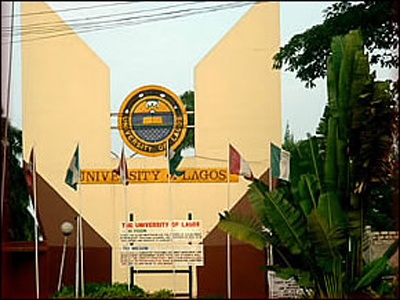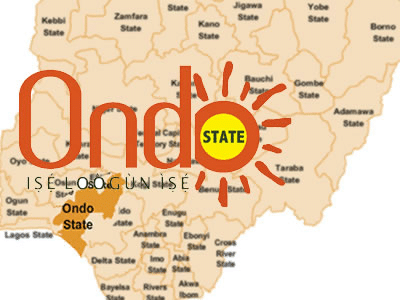Nigeria Academy of Science to induct UNILAG DVC, eight others

The Nigeria Academy of Science will on Thursday (today) induct the Deputy Vice-Chancellor, Academics and Research of the University of Lagos, Prof. Oluwatoyin Ogundipe.
Ogundipe and eight other professors are to be conferred as fellows at the academy’s public lecture and induction of fellows programme themed
‘Cancer: keeping the monster at bay’ in Abuja.
Other professors to be conferred as fellows of the academy are Effiom Anita, Joseph Balogun, Charles Esimone, Kamiyus Gamaniel, Folasade Ogunsola, Emiola Olapade-Olaopa, Martins Olorunfemi, and Mufutau Oyeneyin.
Ogundipe is a Professor of Botany in the Department of Botany, Faculty of Science, University of Lagos. He has a Ph.D. Botany (Ife) and MBA (Unilag).
Professor Ogundipe has attended training in the University of Johannesburg, South Africa; University of Reading, U.K., Harvard University, U.S.A. and Kumming Institute of Botany, China. His area of research includes Molecular Plant Taxonomy/Biosystematics, Cytogenetics, Ethnobotany, Paleobotany and Ecological conservation.
His publications show that he has been engaged in the recording of the general anatomy of plant species and assembling anatomical features, which may be used along with other features for enhancing taxonomic knowledge of the plant and establishing an identification system for some of these plant species. He has also been involved in exploration and testing of herbal drugs for their medicinal and antimicrobial properties.
Again, some of his publications have shown the use of pollen and spores as sources of honey bees, in control of allergies and in determination of climate change and changes in land cover over the years. Furthermore, he has been able to show the genetic diversity and relationships between different plant taxa, as well as assess phylogenetic relationship among plant populations using molecular techniques.
He is currently involved in the Molecular study of Arid Plants and Orchids in Nigeria. His Publications have been very relevant in botanical research and has been cited up to 300 times from 2009 till date.








